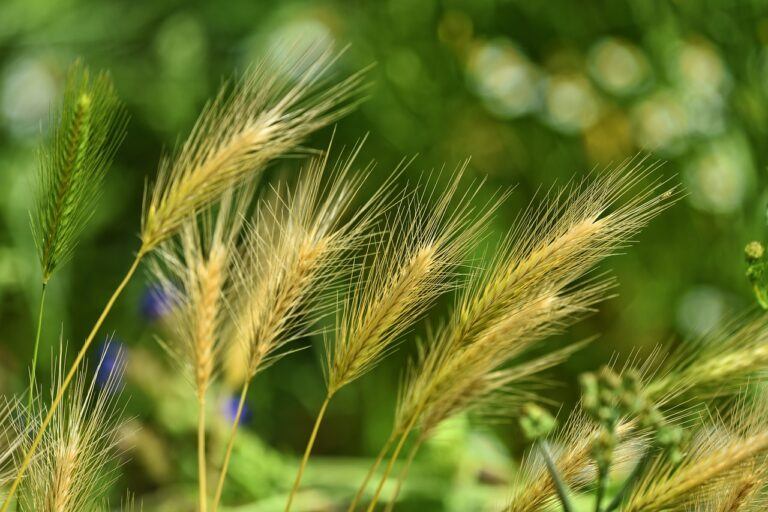SingularityNET, a decentralized network for “creating, sharing, and monetizing” artificial intelligence technology (AI) services, has partnered with HARA, a firm that uses blockchain technology to help it make “better data-driven decisions”, to provide AI-enabled crop diagnosis to farmers in Indonesia.
Recording Soil Quality, Grain Price, Land Ownership Information On An Immutable Ledger
The joint initiative between SingularityNET and HARA was announced at the World Web Forum in Zürich, Switzerland. According to HARA’s official website, the Indonesian firm aims to help farmers increase their income by managing critical information on a blockchain-based data management and verification system. The information may include details about soil quality, land ownership, and grain price.
Arif Khan, the vice president (VP) of marketing and business partnerships at SingularityNET, remarked:
From its conception, SingularityNET has been committed to broadening access to AI. We want to see a world where AI is open and decentralized—accessed and influenced by all. HARA’s grassroots focus falls right in line with this goal. In Indonesia, family-owned farms represent the core of the country’s economy, but that’s not reflected in the distribution of wealth. This partnership will help change that and as a native of the ASEAN region, we couldn’t be prouder to see a leading player like HARA tackle this challenge head-on.
Similar to how most other public distributed ledger technology (DLT)-basd networks are designed and used, HARA’s blockchain-enabled platform will allow users to permanently record data. The compiled information will serve as an immutable set of records that may be used for research purposes. In order to access the data, a native token will be issued to HARA’s platform users.
Connecting Farmers To Financial Institutions By Leveraging Blockchain Tech
HARA’s development team intends to use SingularityNET’s AI-enabled platform to implement and/or modify existing algorithms for diagnosing and gaining a better understanding of the causes of various crop diseases. The partnership also involves conducting more research into automated crop diagnosis processes by using the latest AI tools and resources.
Commenting on the collaborative effort, Regi Wahyu, the CEO at HARA, said:
HARA is targeting smallholder farmers. We want to connect these farmers with financial institutions and distributors, transition them to blockchain, and arm them with a leapfrog technology that equips them with better data so they can have better yields.
HARA’s platform will reportedly be accessible to financial institutions, insurance firms, and fertilizer manufacturers. These organizations will be able to retrieve information from HARA’s database in order to conduct business-related transactions with agricultural companies and individual farmers. Leveraging the latest AI and blockchain technology to manage data could potentially provide farmers with better opportunities and also help them earn a better income.









